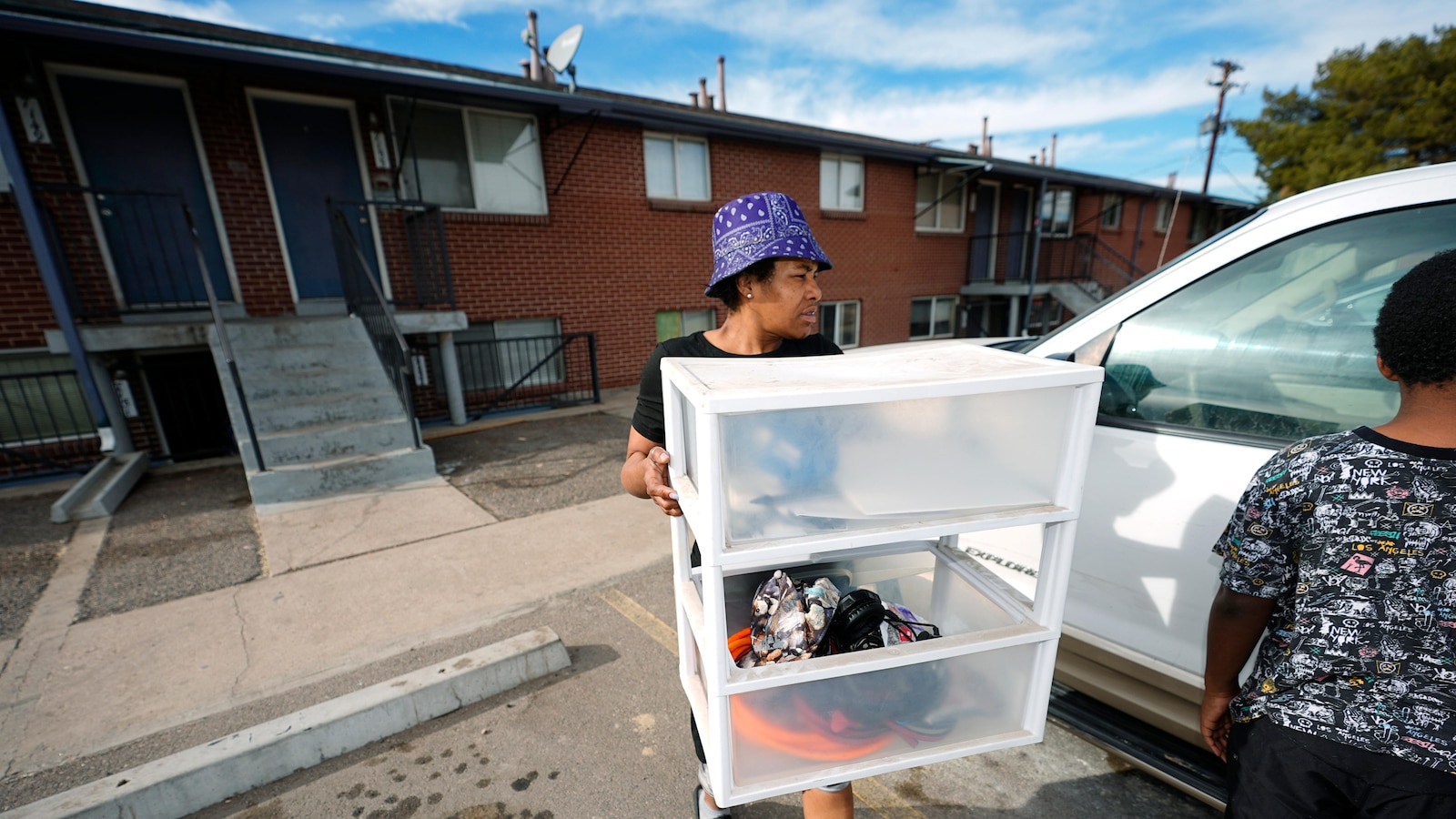Lawmakers in a Race Against Time to Provide Assistance as a Record Number of Americans Struggle with Rent Affordability
The United States is facing an unprecedented crisis as a record number of Americans struggle with rent affordability. The COVID-19 pandemic has exacerbated existing housing challenges, leaving millions of individuals and families at risk of eviction and homelessness. In response, lawmakers are now in a race against time to provide much-needed assistance and prevent a looming catastrophe.
Before the pandemic, the country was already grappling with a shortage of affordable housing. According to the National Low Income Housing Coalition, there were only 37 affordable and available rental homes for every 100 extremely low-income households in 2020. This scarcity has forced many low-income individuals and families to spend a significant portion of their income on rent, leaving them vulnerable to financial instability.
However, the economic fallout from the pandemic has worsened the situation dramatically. Millions of Americans have lost their jobs or faced reduced hours, making it increasingly difficult for them to cover their monthly rent payments. The federal eviction moratorium, which provided temporary relief for struggling renters, expired on July 31, 2021, leaving many at risk of eviction.
Lawmakers at both the federal and state levels recognize the urgency of the situation and are working tirelessly to provide assistance. One of the key initiatives is the Emergency Rental Assistance Program (ERAP), which was established as part of the COVID-19 relief package passed by Congress in December 2020. The program provides funds to state and local governments to distribute to eligible renters who have been impacted by the pandemic.
However, the implementation of ERAP has faced numerous challenges. The distribution of funds has been slow, with bureaucratic hurdles and administrative bottlenecks hindering the process. Many renters are still waiting for their applications to be processed, leaving them in a precarious position.
To address these issues, lawmakers are pushing for increased funding and streamlined processes to ensure that assistance reaches those in need promptly. President Joe Biden’s American Jobs Plan includes $213 billion for affordable housing, which would help alleviate the housing crisis and provide long-term solutions. Additionally, there are calls for extending the federal eviction moratorium to prevent a wave of evictions while the assistance programs are being implemented effectively.
In the meantime, local governments and nonprofit organizations are stepping up to provide immediate relief. Rental assistance programs, eviction prevention initiatives, and legal aid services have been established to support struggling renters and prevent homelessness. These efforts are crucial in bridging the gap until federal assistance reaches those who need it most.
However, time is of the essence. As the pandemic continues to impact the economy and job market, the number of Americans struggling with rent affordability is expected to rise. Lawmakers must act swiftly to ensure that assistance programs are adequately funded, efficiently implemented, and accessible to all who need them.
The consequences of inaction are dire. Evictions not only disrupt the lives of individuals and families but also strain social services and contribute to a cycle of poverty. Homelessness rates could skyrocket, putting even more strain on already overwhelmed shelters and support systems.
The record number of Americans struggling with rent affordability demands urgent attention and comprehensive solutions. Lawmakers must prioritize the needs of vulnerable renters and work together to provide immediate relief and long-term stability. By doing so, they can prevent a housing crisis that would have far-reaching consequences for individuals, families, and communities across the nation.



